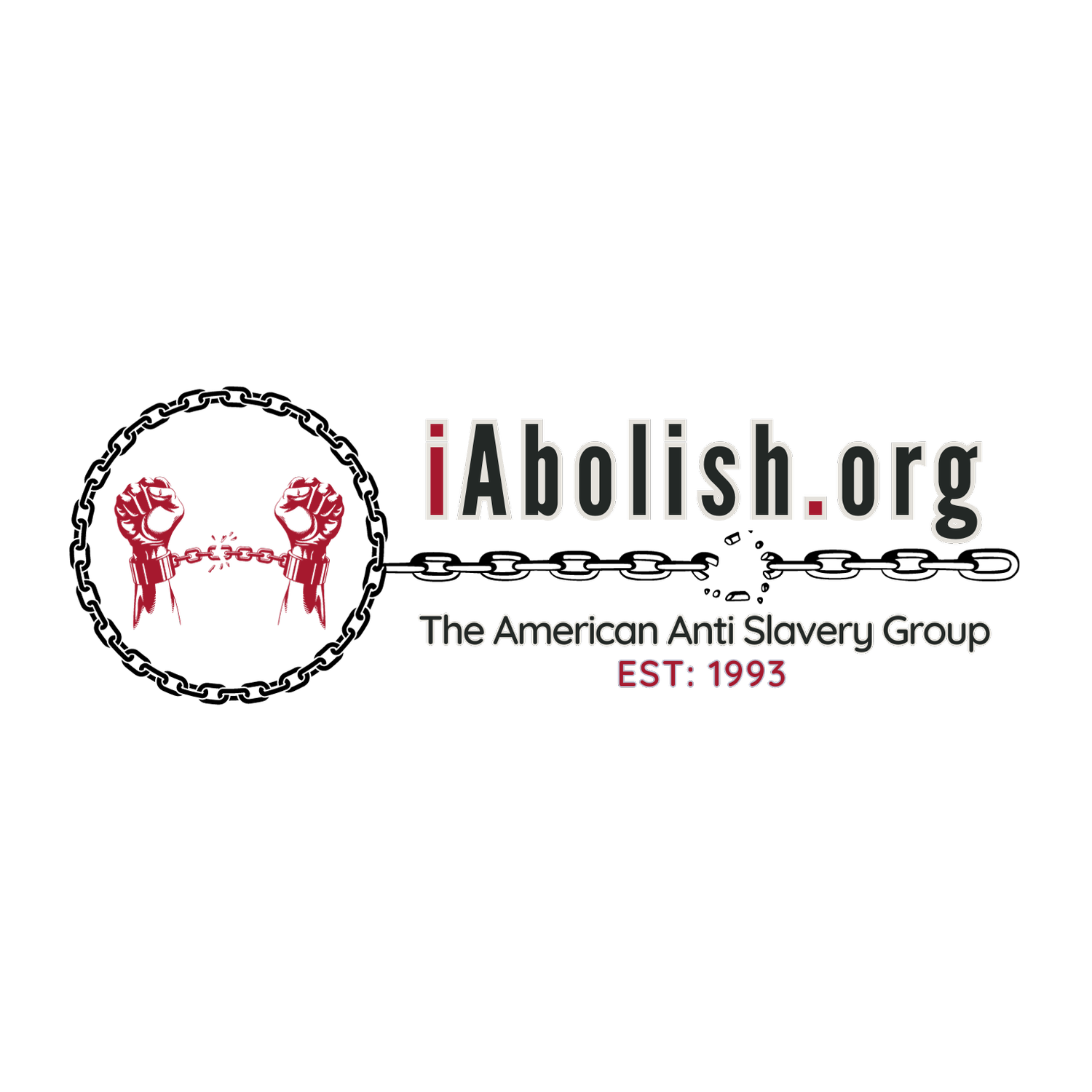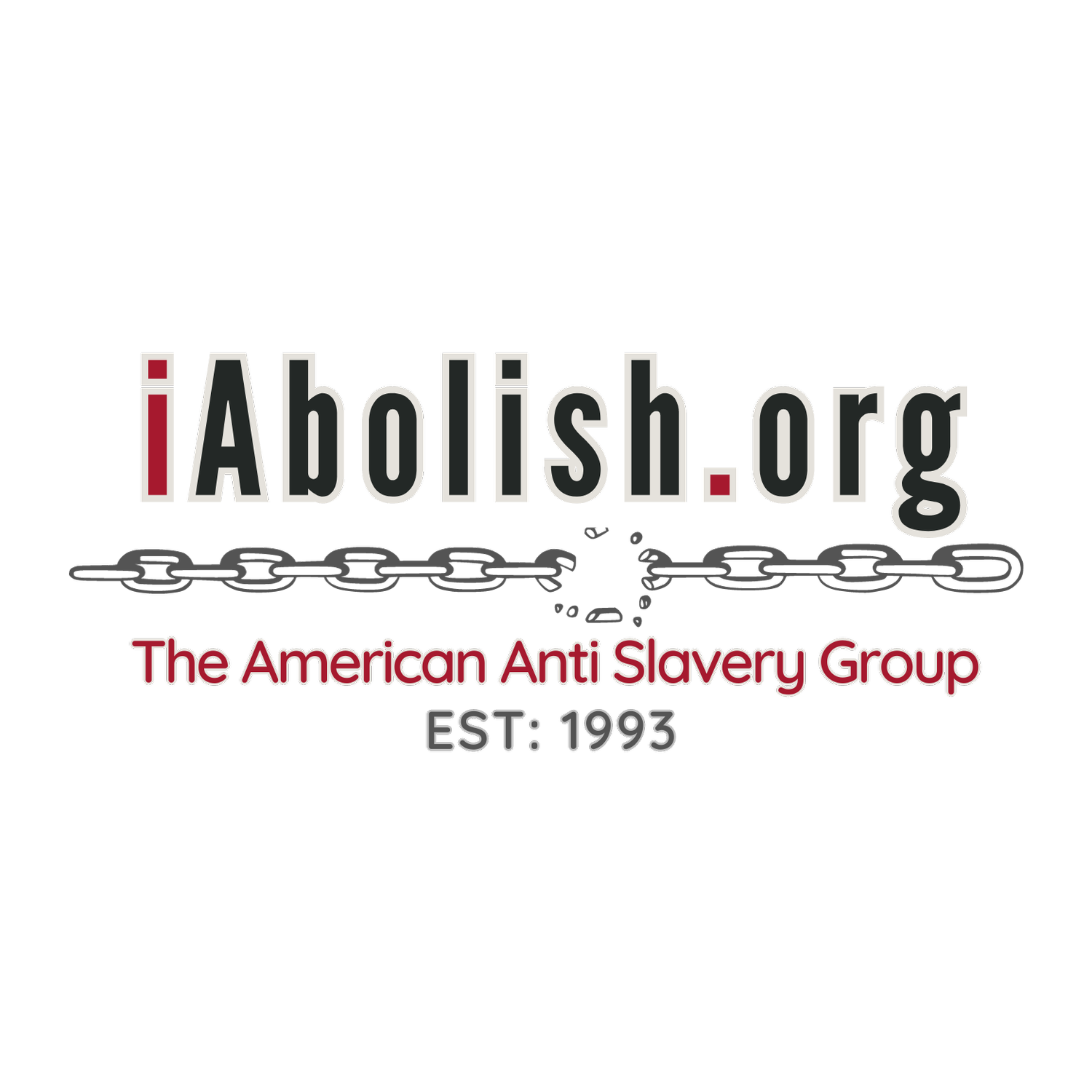Genocide and Slavery in the Sudan: The Farrakhan Connection
Louis Farrakhan, leader of the Nation of Islam, delivers his 1996 Saviours’ Day address where he spoke of his triumphant tour of the Muslim world — February 25, 1996. (C-SPAN)
Sabit Abbe Alley
The City Sun, June 6 – 11, 1996, edition
While most African Americans are beginning to awaken to the reality of the tragic situation of genocide and slavery in the Sudan, the NOI’s Louis Farrakhan still continues to aggressively deny and defend the Islamic fundamentalist regime of Sudan from its genocidal war and slave industry. Following his return from his so-called world tour, Mr. Farrakhan traveled the length and breadth of this country not just to preach and boast about his reception in Africa but also to absolve the Sudan’s government from its current war of extermination and enslavement against the African people of the Sudan.
In fact, quite recently, Minister Farrakhan spoke over radio station WLIB and addressed a rally at a Brooklyn church in New York on the Sudan crisis. On both occasions, like in previous ones, the Minister categorically refuted all the reports concerning the enslavement of Sudanese Africans by their fellow Arab Sudanese, which according to these very reports is done with the tacit and active support of the military government of Omar el-Bashir and the cleric Hassan el-Turabi. According to brother Farrakhan, the claims of genocide and slavery in the Sudan are mere fabrications and propaganda by the Western world and media to disgrace Islam and at the same time tarnish the “good” image of the Islamic Republic of the Sudan. He argued very fervently that the USA and other European and African countries were conspiring to thwart the efforts of the Sudanese authorities from establishing a model Islamic state in the Sudan and in its efforts to export Islamic fundamentalism abroad.
These public utterances of Louis Farrakhan have not been well-received in the black community, especially by those who are keenly and daily following developments in this huge African nation. Members of the Southern Sudanese Community in America in particular and their friends were stunned and outraged by these statements. They found it hard to believe that a man of Farrakhan’s standing and intelligence could stoop so low as to flirt with Arab slavers and deny the existence of an industry (slavery) which has grown tremendously over the years and has become common knowledge the world over. What with the tons of reports pouring out of the Sudan daily from journalists, academicians, human rights activists, etc., detailing the military crimes of the Sudanese government against its black African populations and its encouragement of the heinous trade in human beings!
Apparently, what most people do not seem to realize is that Farrakhan’s defense of the Sudanese government’s war and slave machinery is predicated on some personal ulterior motives. Louis Farrakhan has a stake in the whole business. He is on Khartoum’s payroll. Pure and simple. The arguments about Western propaganda and the defense of Islam are merely rationalizations and cover-ups. What true Muslim would defend an Islamic government whose pronounced policy is the extermination and enslavement of its citizens, including Muslims, as is the case presently in the Nuba Mountains and Southern Blue Nile Province. At any rate, why should the defense of Islam or the fundamentalist Islamic government of the Sudan, for that matter, be the sole monopoly or the personal crusade of Minister Louis Farrakhan? I smell a rate here!
That the leader of the Nation of Islam is an agent of Sudan’s Islamic fundamentalist regime has now been confirmed beyond any reasonable doubt by the unfolding of recent events in Khartoum. Reports emanating from the Presidential Palace in Khartoum indicate that, while Farrakhan was on his African tour, his Arab friends, President Bashir and the cleric Turabi, asked him to travel to Zaire to persuade Mobutu to give the Islamists logistical support in the form of troops and arms and land access so that they could attack South Sudan from bases in Northern Zaire. In like manner, the two Sudanese leaders dispatched Farrakhan to Nigeria to secure for them oil money from the ruthless dictator Abacha for purchase of arms from China. As a result of Louis Farrakhan’s intervention on behalf of his Arab friends in the Sudan, money and arms have started flowing to the country. Already a huge contingent of Sudanese and Zairian troops have been assembled in Northern Zaire awaiting orders from Khartoum to invade South Sudan. So, in the next few months the Southern Sudan will probably be engulfed in fierce and vicious warfare as the Arab Islamists push forward with their programs of jihad (Islamic genocide), Arabization, Islamization, and enslavement!
Clearly, therefore, Louis Farrakhan seems to be playing an instrumental role in the scheme to annihilate and enslave the people of South Sudan, the Nuba Mountains, and the Ingessina Hills. This should not, however, surprise anyone, for all of us should have known by now that Minister Farrakhan loathes Southern Sudanese. This was clearly demonstrated during his Saviours’ Day address on February 25, 1996, in Chicago and in subsequent speeches, where the Minister graphically described the people of South Sudan as being very, very, very, very… very dark with kinky hair, as compared to the brown (white!) Northern Arabs, who, according to Farrakhan, looked exactly like him! He used the adverb very 15 times to emphasize his color prejudice against the Southern Sudanese.
It is indeed ironical that a supposedly black man of slave descent should hate his kith and kin and actively participate in programs aimed at their eradication from the face of the earth. Who knows, maybe the honorable Minister suffers from an inferiority complex of some sort. But that is not important to us at this point in time. What is important is that Minister Louis Farrakhan should realize that despite his support for the Arab and Islamic fundamentalist government of the Sudan, the black African people of the Sudan will not disappear from the face of the earth. Their will to survive and to preserve and promote their sovereignty and heritage is stronger than the weapons and support that Bashir and Turabi have in their possession.
Download a PDF of this article. This article comes from a 1997 compendium of articles about black African slavery in Mauritania and Sudan edited by the author. (Typing errors in the original text have been corrected.)


